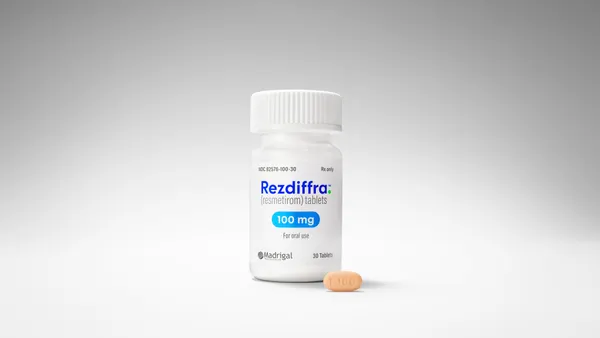Practice Makes Perfect: Using Simulation to Prepare Sales Representatives for the Real World Christine MacAdams, MEd, Senior Project Manager How can you encourage sales representatives to deliver consistent messages, use appropriate tools when speaking with physicians, adhere to the rules of compliance, and work their territories most effectively? Show them what can happen if they don’t. AXIOM Professional Health Learning It’s no secret that practice leads to better results and that experiencing the consequences of decisions often leads to behavior change. For a concert pianist, it only takes one mediocre performance to send the pianist back to intense practice sessions. But in the pharmaceutical sales world, one can’t afford to hit any wrong notes in front of the customer. This is where the simulated environment can help. Simulations provide realistic, risk-free environments where representatives can develop and practice new skills — before they need to use them in the field. Here are just a few ways that simulations can help salesforces prepare to take on the real world. No. 1. Practice physician sales calls in a sales simulation After sales representatives have learned selling strategies, messaging, or product information, give them the chance to practice applying their new skills in a simulated sales call. Coined “branching storylines” by simulation guru Clark Aldrich, the course of these computer-based simulations is directed by the decisions the representatives make. The representatives interact with video-based characters, deciding how to drive the outcome of the call by responding to questions, handling objections, or overcoming other challenges presented in the simulation. Appropriate decisions result in positive responses from the video physician, for example continuing the simulated call. Inappropriate decisions result in negative responses, for example ending the call, or presenting additional objections. Through this decision-response cycle, representatives learn which statements, selling strategies, and presentation styles are most likely to be well-received by various physicians. For additional practice opportunities, consider adding voice-recording technology. This allows representatives to verbalize and record their responses and evaluate them against a standard before viewing the physician’s response. No. 2. “Walk a mile in the physician’s shoes” in a clinical simulation To provide representatives with a deeper understanding of a physician’s work and the factors that influence his or her prescribing decisions, give sales representatives the chance to act in the role of a physician as they address clinical scenarios. Representatives can interact with video-based patients to ask questions and assess symptoms. They also can participate in reviewing laboratory studies and consult with simulated colleagues to consider treatment options. The simulated patients, office staff, and other characters react to the representatives’ decisions in a realistic manner. For another twist, have the representatives play the role of a resident, who is challenged by an attending physician to answer questions about anatomy and physiology, disease state, diagnosis, or treatment options relevant to the patient in the clinical scenario. No. 3. Try out new management strategies in a business simulation To experiment with business or managerial strategies and to facilitate a better understanding of the big picture, have representatives play the role of a business manager. By making business decisions, such as allocating resources, creating and managing an operating budget, staffing, pricing, and product distribution, representatives learn how elements of the business and the larger marketplace interact and affect the bottom line. An underlying systems dynamics business model can show the impact of the representatives’ decisions in the short term, as well as over extended periods of time. When using this type of simulation, consider taking advantage of the natural competition often found among sales representatives, and have teams of representatives play the simulation at the same time, competing against each other for the best business results. Simulations Can Enhance Performance Whether it’s a new skill that needs nurturing or an established skill that needs a tune-up, simulation can provide opportunities for practice, assessment of consequences, and behavior change, all of which work together to build confidence, create consistent message delivery, and prepare members of the salesforce to face real-world challenges. AXIOM Professional Health Learning, Yardley, Pa., a division of AXIS Healthcare Communications, develops medical education programs using the principles of evidence-based training. For more information, visit axiom-health.com.
An article from


Practice Makes Perfect: Using Simulation to Prepare Sales Representatives for the Real World
Filed Under:
Commercialization






